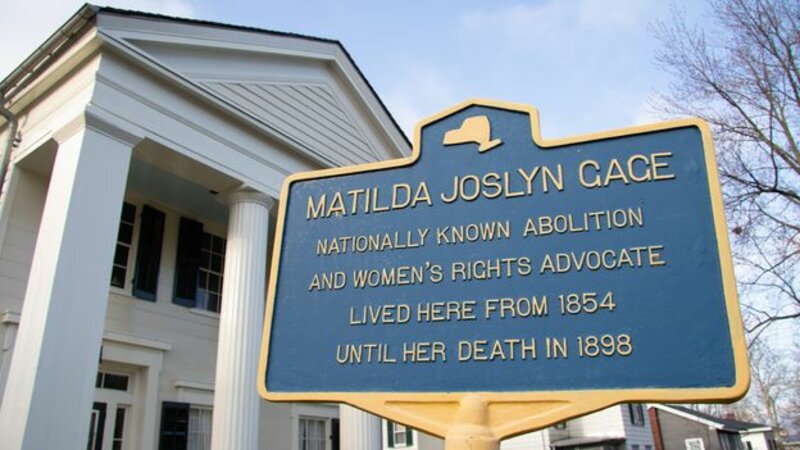On the western edge of Fayetteville, New York, East Genesee Street cuts a straight, wide swath past 19th-Century brick mansions and the clipped greens of a country club. Downtown, the road narrows as it passes cafes and banks and crosses a burbling creek.
Today, this quiet suburb of Syracuse reveals little of the radicalism that roiled central New York state in the 1800s before spreading across much of the United States. Abolitionists, temperance advocates, prison reformers, progressive educators and – above all – women's rights advocates all founded or nurtured important national movements in this area.
In fact, three women from central New York rose to the leadership of the National Woman Suffrage Association (NWSA), which was founded in 1869 and aimed to secure women the right to vote. Two of those women are now household names in the US: Elizabeth Cady Stanton, who helped organise the US' first women's rights convention in 1848; and activist Susan B Anthony, who drew national attention when she was arrested for voting in 1872. But the third, Fayetteville's Matilda Joslyn Gage, was almost lost to history – and that's likely because she was the most radical of them all.



 Voting
Voting Elections
Elections American History
American History Government
Government


